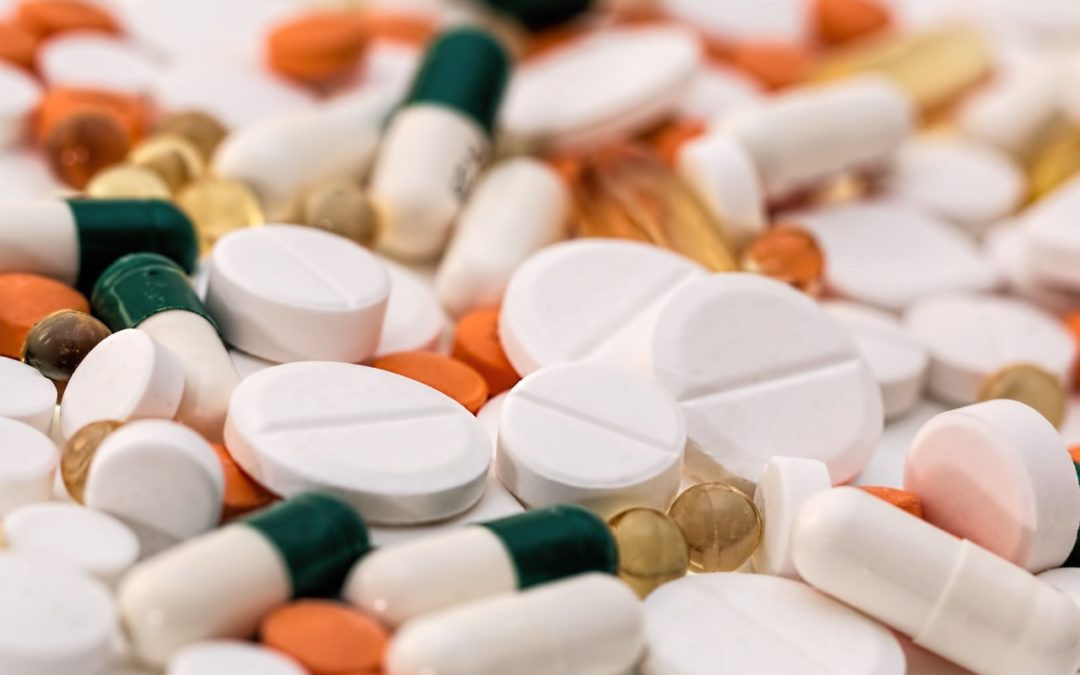While the abuse of prescription medication often stems from a genuine desire to alleviate pain, many teens become addicted to medicines through recreational use. As a parent, you can help your teenager make the right decision by educating them about the dangers of drug abuse. Still, you should also take steps to limit the availability of medicine in the home. Since teens tend to steal drugs they find in the house, these tips can help you keep your children safe from the temptation to use. If there are family members or friends that your child visits often, it is important to have a conversation with the adults and ask them to follow the same tips, too.
Keep an Inventory
To begin, you should know exactly how much you have of each type of medication. You should count the number of pills in each bottle, and keep a careful account of how many refills have been used. This can help you measure how frequently you’ll need to refill medications, so you’ll know when a drug is coming up missing.
Store Medication in a Secure Place
It’s convenient to leave medication in the bathroom medicine cabinet or cupboard, but this also makes it harder to prevent medicine abuse. Even if your kids aren’t taking your medication for themselves, their friends may take drugs without anyone’s knowledge. It’s better to keep drugs locked in a safe, or hidden someplace that’s known only to yourself. This will take away the temptation that might otherwise exist.
Dispose of Drugs Correctly
Finally, it’s important to dispose of unused drugs promptly and correctly. You may lose track of how much you have left of a medication that’s no longer in use. That will make it easier for your kids, or a house guest, to take the drugs without your knowledge. Flushing medication down the toilet, or throwing it in the trash, can contaminate water sources and surrounding soil, so these methods of disposal should be avoided. You can find out about community drug disposal programs by contacting your pharmacy.
In general, the best way to keep your kids from experimenting with prescription drugs is by limiting the availability of these medications. This involves securely storing drugs and disposing of leftover drugs properly. While education is also essential, and you should communicate openly with your children about the dangers of drugs, making drugs less available is also crucial. You and the other parents in your community should work together to limit the accessibility of drugs, so your teens will have fewer available options.
